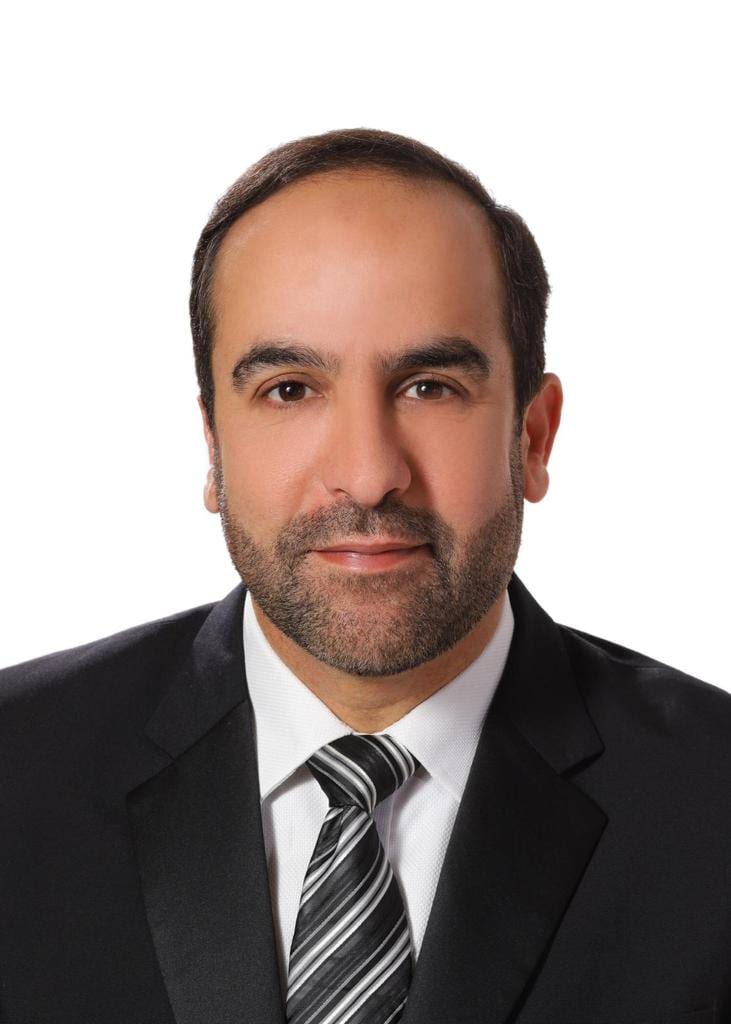History, and the hard lessons of our time, have shown us that what doesn’t kill us, makes us stronger. Solidarity with a just cause doesn’t need permission. It doesn’t require a license, official approval, or political affiliation. Justice isn’t defined by court rulings or party lines; it lives in the conscience. It stirs in the heart long before it’s chanted in the streets.
Today, we face yet another attempt to silence voices standing with Palestine in Britain. Some are shocked, treating it as a new turning point. And yes, these are not ordinary times. Efforts to ban, criminalise, or discredit certain forms of support are serious. But for those with longer memories, those who have walked this road before, the pattern is all too familiar. And they are not shaken.
We’ve seen this before.
How many movements were crushed before they flourished?
How many voices were silenced, only to echo louder across the world?
Remember the African National Congress under Apartheid South Africa, it was banned, blacklisted, and labelled as terrorists. Nelson Mandela remained on Western terror watchlists until just a decade before his death. Yet the same leaders who once condemned him later hailed him as a hero of justice.
Here in Britain, we have witnessed this too. Solidarity with Vietnam, with South Africa, with Iraq was met with media outrage and political resistance. But time and again, those movements won the moral argument, even when they lost the political one.
Let’s be honest: this isn’t about one group, one slogan, or one legal ruling.
Today, it is about Palestine, a land besieged for generations, bombed without consequence, where children are killed and no one is held to account. And it is about the inspiration Palestine continues to offer anyone guided by their conscience.
So, when we hear debates about “who’s allowed to show solidarity,” or which slogans are “acceptable,” let’s not be distracted. These are surface-level distractions, designed to blur the real issue: the continued oppression of an entire people.
READ: Over 714,000 internally displaced in Gaza since breakdown of ceasefire: UNRWA
Let’s be clear.
You can ban a banner.
You can shut down a campaign.
You can smear a broadcaster.
You can deregister an organisation.
But can you stop a student grieving for Gaza?
Can you take away a mother’s tears as she watches images of murdered Palestinian children?
Can you silence a teacher explaining the Nakba to their pupils?
Can you stop a shopkeeper choosing not to stock goods linked to the occupation?
You can’t.
Because you can’t outlaw conscience.
You can’t police the heart.
And words spoken with conviction will always find a way; even when every microphone is switched off.
No, this struggle isn’t easy. It never was. And it may get harder still.
But that’s where its dignity lies.
To stand for what’s right, knowing it might cost you your job, your reputation, your comfort, and still not back down.
To hold your ground, not because you’re guaranteed a victory tomorrow, but because you refuse to stand with the oppressor today.
Movements come and go. Flags rise and fall. Names change.
But the cause remains.
Palestine will live on in this country as long as hearts beat, as long as people care, and as long as there are voices willing to speak the truth, no matter the cost.
OPINION: Is resistance a choice only when victory is assured?
The views expressed in this article belong to the author and do not necessarily reflect the editorial policy of Middle East Monitor.

![Pro-Palestinian activists stage a solidarity protest outside Royal Courts of Justice as co-founder of Palestine Action Huda Ammori takes Home Secretary to High Court over proscription of the group as terror organization in London, United Kingdom on July 4, 2025. [İlyas Tayfun Salcı - Anadolu Agency]](https://i0.wp.com/www.middleeastmonitor.com/wp-content/uploads/2025/07/AA-20250704-38468656-38468634-WE_ARE_ALL_PALESTINE_ACTION_PROTEST_IN_LONDON-2.jpg?fit=920%2C613&ssl=1)







